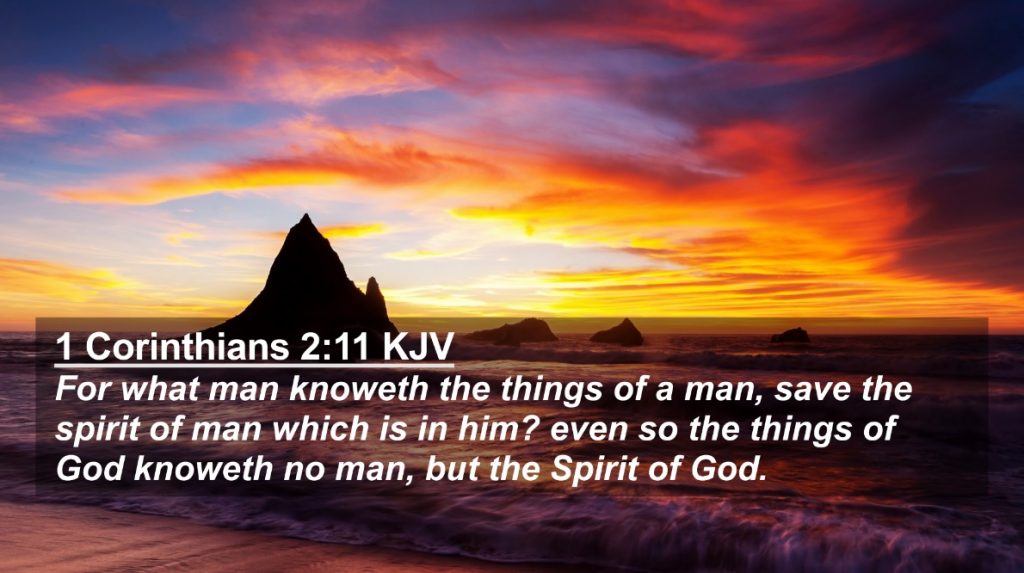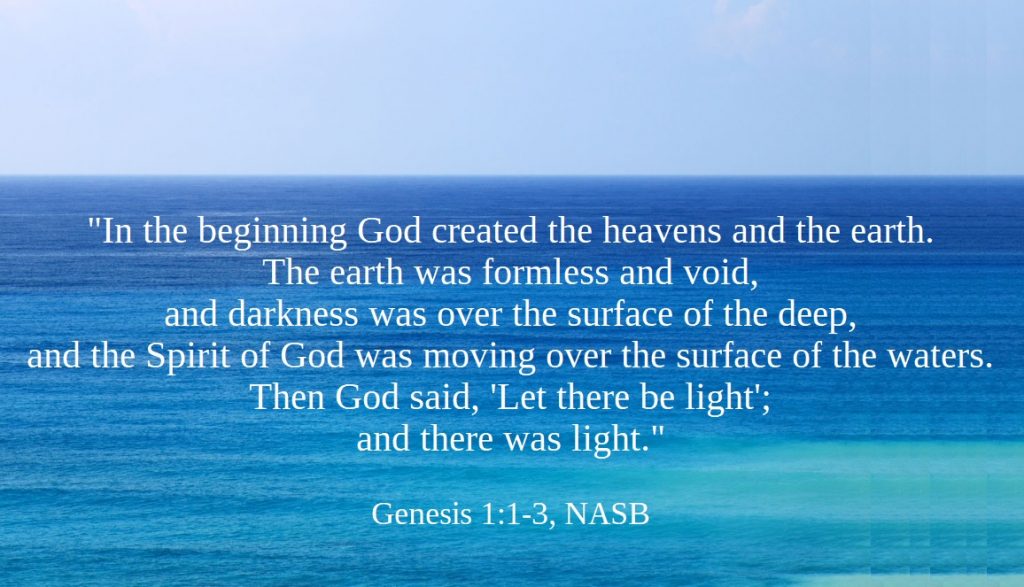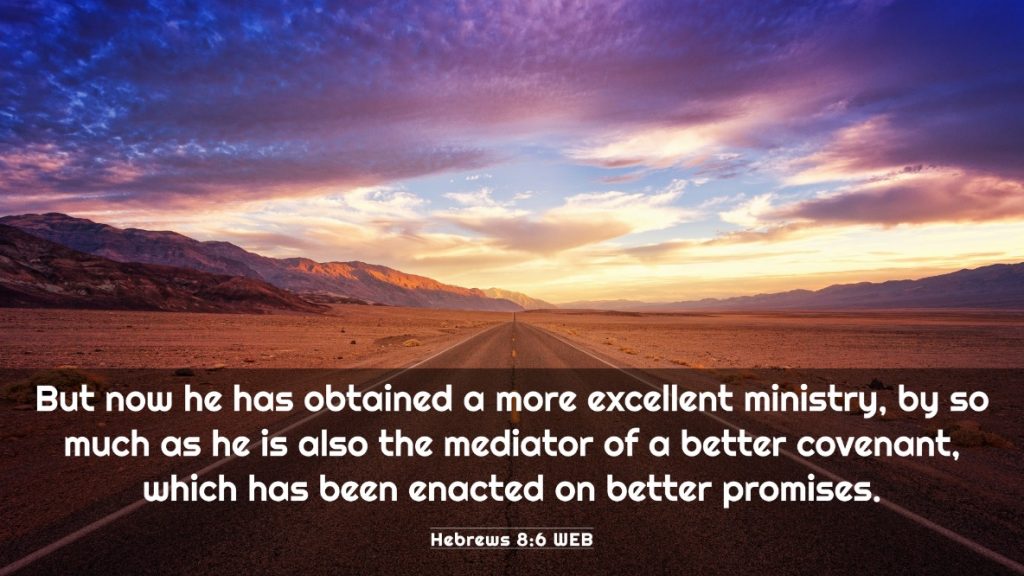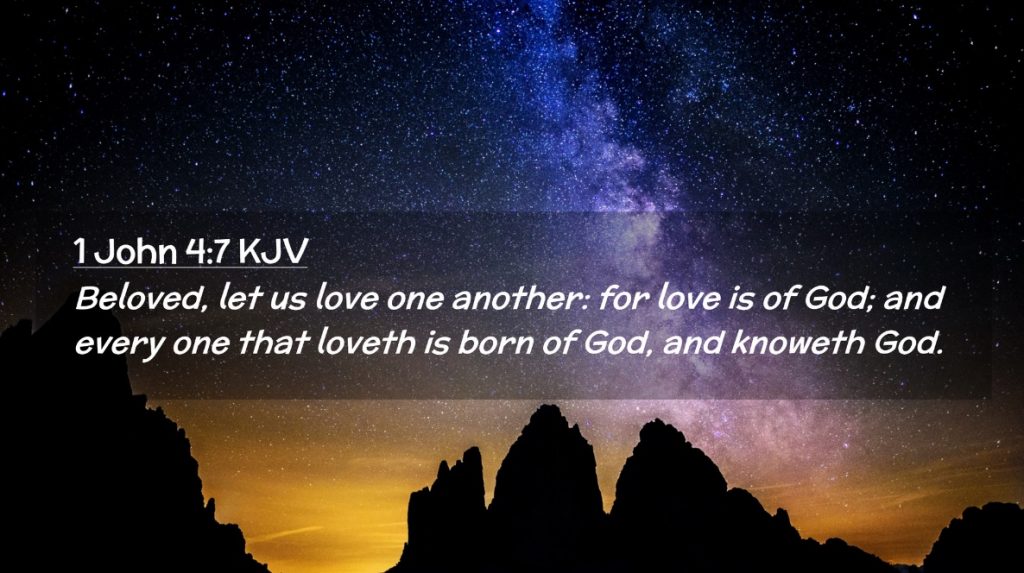“Go therefore and make disciples of all the nations…teaching them to observe all that I commanded you; and lo, I am with you always, even to the end of the age” (Matthew 28:19-20, NASB).
——————–
Contents:
1) Portrait of an Elder (using God’s word) (Bryan Gibson)
2) The Acts 17 Approach to God (Doy Moyer)
——————–

-1-
Portrait of an Elder (using God’s words)
Bryan Gibson
It is the Lord’s will that qualified men be appointed elders in every local church (Acts 14:23; Titus 1:5). How does God describe such a man who would serve in this important role?
If he’s an elder, he cannot be a “novice” (NKJ) or a “new convert” (NAS) (1 Timothy 3:6). He has continued in the faith long enough to become “grounded and steadfast” (Colossians 1:23). One danger in appointing someone not well grounded is he could “become puffed up with pride” and “fall into the same condemnation as the devil” (1 Timothy 3:6).
He is a steward of God’s flock (Titus 1:7; 1 Peter 5:3), so he must be trustworthy—one who shows both the willingness and ability to handle responsibility (1 Corinthians 4:2; 9:17; Colossians 1:25; Luke 16:10-12), one who understands he will have to give an account of his stewardship (Luke 16:1-2; Hebrews 13:17).
He is further described as a bishop or overseer (Acts 20:28; Philippians 1:1; 1 Timothy 3:1; Titus 1:7; 1 Peter 5:2)—one who watches or looks out for the souls of his brethren (Hebrews 13:17); one who looks out for the good of all (“take heed…to all the flock”—Acts 20:28), and not just himself (Titus 1:7; Philippians 2:3-4). He has a sincere love for his brethren (Philippians 2:20), evidenced by the hospitality he extends to them (1 Timothy 3:2). He lives by the words of Jesus, “It is more blessed to give than to receive” (Acts 20:35).
Described also as a pastor or shepherd (Acts 20:28; Ephesians 4:11; 1 Peter 5:2), he must have the knowledge and the ability to feed the flock (1 Timothy 3:2; 1 Peter 5:2; Jeremiah 3:15). He holds fast to the truth he has learned, refusing to teach or practice anything that is not according to sound doctrine. He is willing and able to refute those who contradict sound doctrine (Titus 1:9-11). He is always alert for any wolves that might destroy the flock (Acts 20:29-31).
He is a ruler (1 Timothy 5:17), one who makes decisions to which others must submit (Hebrews 13:17), so he must be decisive, not wishy-washy. At the same time, he realizes he is not a lord over the flock (1 Peter 5:2-3), but a servant. His decisions, then, are made with the best interests of the entire flock in mind, not just a select few, and certainly not his own.
His ability to lead and care for others is exhibited in his home, where he and his wife have trained their children to be submissive, respectful, and above all, obedient to the Lord (1 Timothy 3:4-5; Titus 1:6).
He is a humble man, one who readily acknowledges his dependence on God and His word (Acts 20:32; 2 Timothy 2:24-26; Titus 3:1-2; 1 Peter 5:5).
He is temperate, sober, self-controlled (1 Timothy 3:2; Titus 1:8), so he is not given to wine (Titus 1:7; 1 Timothy 3:3), or to any other vice. His self-control can also been seen in how he deals with others. He doesn’t have to have things his way; he is “willing to yield” (James 3:17). He is strong and even occasionally sharp when he needs to be (Titus 1:14), but his general demeanor is one of gentleness (1 Timothy 3:3). He is not quick-tempered, or quarrelsome, and he is certainly not violent (1 Timothy 3:3; Titus 1:7). He can be questioned without becoming contentious, and he can disagree without losing his cool (2 Timothy 2:24-26).
He is just and holy (Titus 1:8), so clearly His manner of life is different from the world around him (Romans 12:2). He has learned what the grace of God teaches: “denying ungodliness and worldly lusts, we should live soberly, righteously, and godly…” (Titus 2:11-12). When he does sin, he penitently seeks forgiveness, because his goal is to be blameless—in the sight of others, but especially in the sight of God (Titus 2:11-12; Titus 1:8; 1 Timothy 3:2; 1 John 1:9).
He has his priorities in order. He does not love money or the things of this world (Titus 1:7; 1 Timothy 3:3). He loves what is “good” (Titus 1:8)—what will endure. “Laying hold” of eternal life means more to him than laying hold of anything else (1 Timothy 6:10-12).
His faithfulness to the Lord is seen on a daily basis, making him a good example to both Christians and non-Christians alike (1 Peter 5:3; 1 Timothy 3:7).
May God bless us with more and more men just like this.
— Via Plain Words from God’s God, November 6, 2023
——————–

-2-
The Acts 17 Approach to God
Doy Moyer
Acts 17 provides a framework for some basic understanding of God. Think especially about the phrase in verse 25: “as though He needed anything.”
In that phrase is found the essence of who God is. God needs nothing more to be complete or to function with the highest possible reason and power. He is not dependent upon anyone or anything else. God claimed to be “I AM WHO I AM” (Exodus 3:14; cf. John 8:58), which, among other ideas, indicates that He is self-sufficient, self-sustaining, eternal, and needs nothing else to function and thrive. None is greater than He (cf. Heb 6:13). All glory goes to Him.
This highlights what is often thought of as the classical attributes of God. God does not need various parts to function. He doesn’t need to be assembled from the outside, as if there could be any greater who could do that. God is perfect and complete as He is, as He has always been. This may go beyond our ability to grasp, but would we want a God who is less than this? There is something incomprehensible about God, but this is also what makes God so amazing. He is beyond our full grasp, yet He made us, reached out to us, and provides a way back to Him even after we have rejected Him in our sins. He made Himself known to us in a particular way through Jesus that allows us to draw near to Him. He is not far from us.
God needs nothing. We cannot take anything away from Him to make Him less than He is, and we cannot add anything to Him to make Him more than He is. With that in mind, notice what Paul emphasizes about God in Acts 17:22-31.
1. God made the world and everything in it. He is the Creator (Gen 1:1; John 1:1-5), and therefore is the One on whom all things depend. His existence does not depend on us, but ours on Him.
2. He is Lord of heaven and earth. He is the authority over all, ruling heaven and earth. As Creator, He has the right to command and expect obedience. He owns it all. He is not owned by anyone, controlled by anyone, or amenable to any higher power. He alone is Lord.
3. He does not dwell in temples made with hands. God cannot be contained by anything made by our hands. God’s existence is not dependent upon something humans can fashion and build (cf. also 1 Kings 8:27, Isaiah 66:1-2; Acts 7:47-50). He is not served by human hands. This does not mean that we do not try to serve God with our talents and time; but that, again, God is not dependent upon what we do with our hands. There is nothing we can offer that will make God better or help Him in ways that He could not be otherwise served.
4. As though He needed anything. This circles back to our starting point for understanding Paul’s argument. This implies that there are other reasons for which we were made than to add something to God’s nature. This also points in the direction of God’s love and grace. He made us out of His loving nature to reflect His image, and it is out of grace, not need, that He desired to make creatures to share in fellowship and dominion. He made what He made because He wanted to, not because He needed to.
5. He gives life, breath, and all things. He is the cause of all that is living. All creatures, human and animal, owe their existence and life to God. In providing life, He provides for all that is necessary for life, both physically and spiritually.
6. He made the nations from one and determined their boundaries. God is in charge of the nations (cf. Dan 2:21; 4:34-35). Two things will stand out here: 1) God has authority over all humanity, and 2) humanity is accountable to Him. Why? Paul continues:
7. He made man to seek Him and find Him, and He is not far from us. God has made Himself accessible, for it is in Him that we live, move, and exist. Yet in seeking God, we must realize that He is not like images formed by human thought and skill. Our thoughts cannot contain God any more than what we make with our hands. Our task is to seek, find, and glorify God.
8. God is Judge of all the earth and commands all to repent. He has the authority to command and the right to hold us accountable. He demonstrated this by raising Jesus from the dead. The time is coming.
There is so much more to be explored in Scripture, but Acts 17 serves as a solid starting point for both our own understanding and how we may begin to approach a culture that does not know the true and living God.
— Via Bulletin Articles from the Vestavia church of Christ, September 3, 2023
——————–
The Steps That Lead to Eternal Salvation
1) Hear the gospel — for that is how faith comes (Rom. 10:17; John 20:30-31).
2) Believe in the deity of Jesus Christ, the Son of God (John 8:24; John 3:18).
3) Repent of sins. For every accountable person has sinned (Romans 3:23; Romans 3:10), which causes one to be spiritually dead (Ephesians 2:1) and separated from God (Isaiah 59:1-2; Romans 6:23). Therefore, repentance of sin is necessary (Luke 13:5; Acts 17:30). For whether the sin seems great or small, there will still be the same penalty for either (Matt. 12:36-37; 2 Cor. 5:10) — and even for a lie (Rev. 21:8).
4) Confess faith in Christ (Rom. 10:9-10; Acts 8:36-38).
5) Be baptized in water for the remission of sins (Mark 16:16; Acts 2:38; 22:16; 1 Pet. 3:21). This is the final step that puts one into Christ (Gal. 3:26-27). For from that baptism, one is then raised as a new creature (2 Cor. 5:17), having all sins forgiven and beginning a new life as a Christian (Rom. 6:3-4). For the one being baptized does so “through faith in the working of God” (Col. 2:12). In other words, believing that God will keep His word and forgive after one submits to these necessary steps. And now as a Christian, we then need to…
6) Continue in the faith by living for the Lord; for, if not, salvation can be lost (Matt. 24:13; Heb. 10:36-39; Rev. 2:10; 2 Pet. 2:20-22).
——————–
Tebeau Street
CHURCH OF CHRIST
1402 Tebeau Street, Waycross, GA 31501
Sunday: 9 a.m. Bible Classes and 10 a.m. Worship Service. Congregational Song Service: 5 p.m. for every first Sunday of the month.
Wednesday: 7 p.m. Bible Classes
evangelist/editor: Tom Edwards (912) 281-9917
Tom@ThomasTEdwards.com
https://thomastedwards.com/go/all.htm (This is a link to the older version of the Gospel Observer website, but with bulletins going back to March 4, 1990.)
















